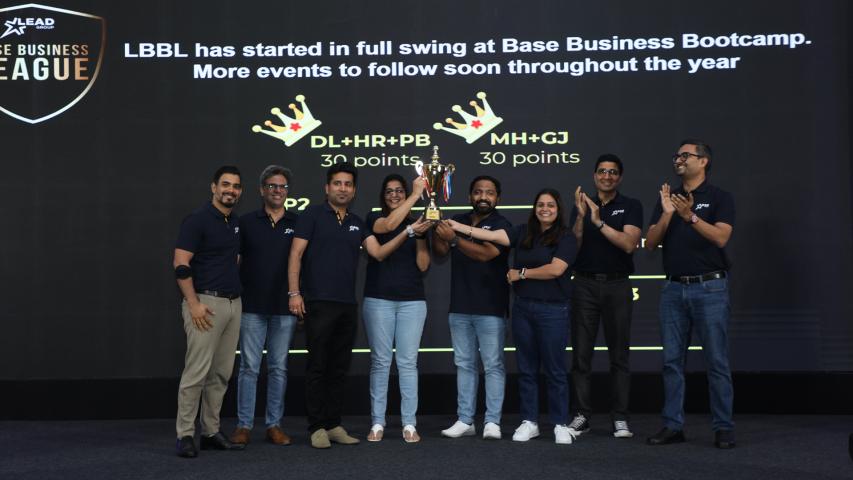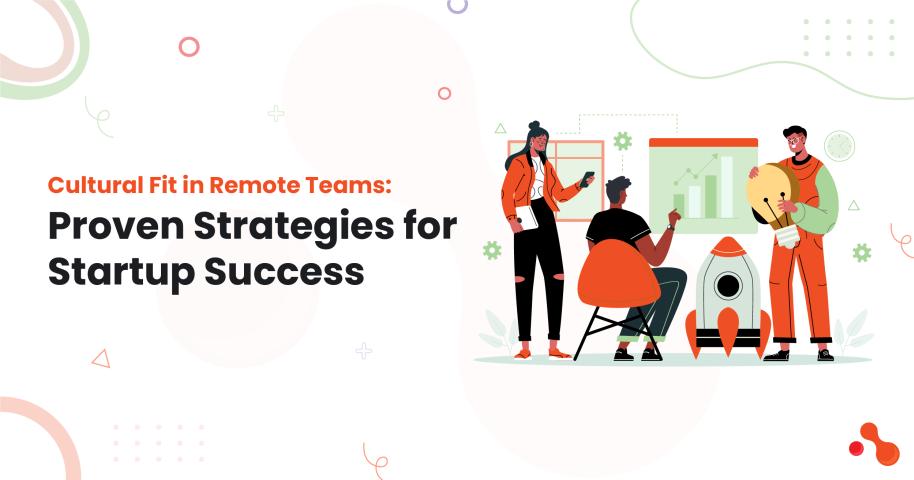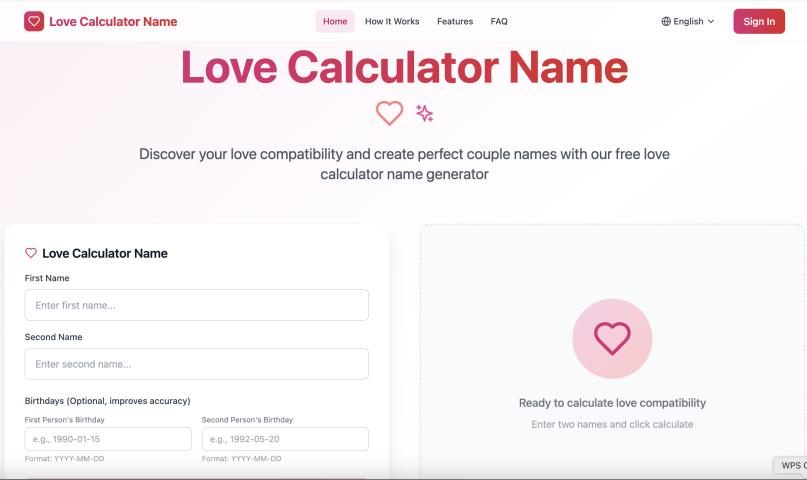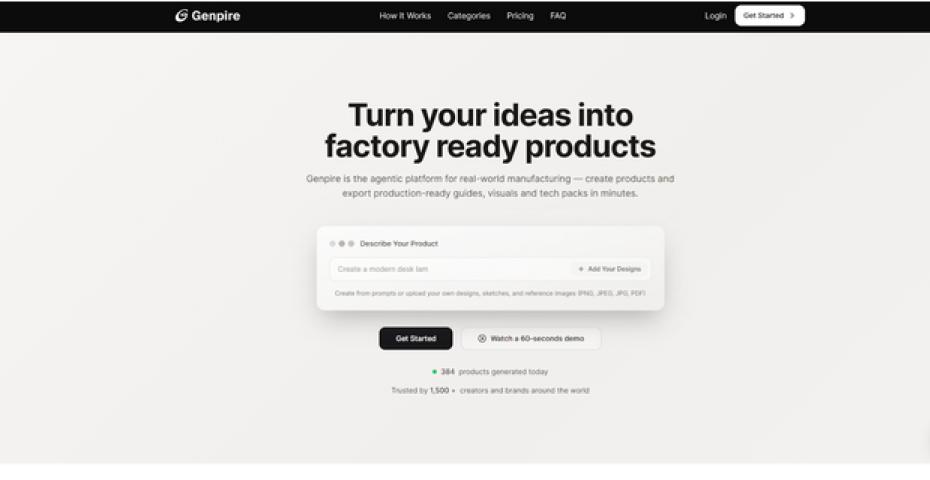Startups thrive on innovation, collaboration, and resilience. However, maintaining high energy and strong team dynamics can be challenging when the pace is intense. One proven way to sustain motivation and cohesion is by integrating leisure activities into the workplace culture.
Why Leisure Matters in a Startup Environment
Unlike traditional corporations, startups often operate with smaller teams and higher workloads, making employee burnout a real risk. Leisure activities offer more than just a break—they enhance mental well-being, stimulate creativity, and foster a sense of belonging. When employees feel connected to their colleagues outside of work tasks, they’re more likely to collaborate effectively and stay engaged.
Engaging Ideas to Try with Your Team
Weekly Game Hour
Designate one afternoon a week for board games, trivia, or video games. It's a low-cost way to relax and encourage friendly competition and communication.Walking Meetings
Taking meetings outdoors can boost physical health and spark fresh thinking. This simple shift can reduce stress and promote more open conversations.Skill-Sharing Workshops
Let team members host mini-sessions where they teach something they love—cooking, photography, even basic coding tricks. It’s a great way to celebrate diversity and hidden talents.Off-Site Retreats (Even Half-Days Count)
Whether it’s a nature hike or a beach picnic, time away from the office strengthens relationships. Even short excursions can create shared memories and inside jokes that deepen team bonds.Mindfulness and Wellness Sessions
Offering guided meditation, yoga, or breathing exercises once a week can dramatically improve focus and emotional resilience—key traits in fast-paced environments.Volunteer Together
Choose a cause aligned with your company values and spend a day giving back. Shared purpose outside of work creates deeper unity and a sense of collective impact.
Proceed with Care: The Hidden Risks of Team-Building Activities
While these activities can offer real value, they aren't risk-free. It's important to acknowledge the potential downsides of poorly planned or overly competitive initiatives:
Excessive Competition Can Alienate
Activities designed to be fun can quickly turn stressful if they lean too heavily into competition. Employees may feel pressured to “perform” or compare themselves to others, which can breed resentment or insecurity—especially for introverts or those outside the dominant team culture.Blurring Personal and Professional Boundaries
Leisure settings sometimes reveal personal traits or opinions that wouldn't normally surface in a professional context. This can be enriching, but it may also backfire. For example, a manager might unconsciously judge an employee based on casual behavior or opinions expressed during informal settings, leading to bias or tension.Forced Fun Isn’t Fun
Mandatory participation in leisure activities can feel artificial or burdensome. Not every employee enjoys group games, social outings, or team sports—and that’s okay. Offering opt-in options and a mix of formats shows respect for different personalities.
Final Thought
Team-building through leisure can be a powerful tool—but like any cultural strategy, it needs to be applied with emotional intelligence and inclusivity. When well-executed, these activities foster connection, creativity, and resilience. When misapplied, they risk doing more harm than good. The key is to listen to your team, experiment thoughtfully, and create space for both connection and autonomy.
















